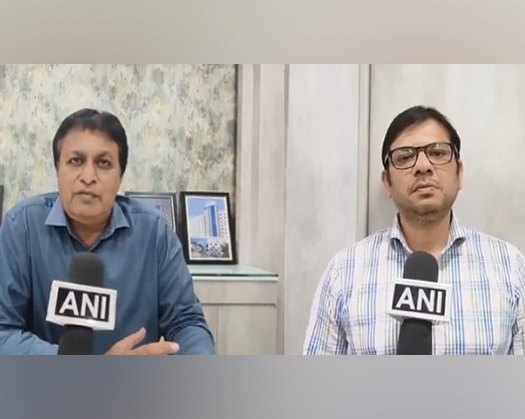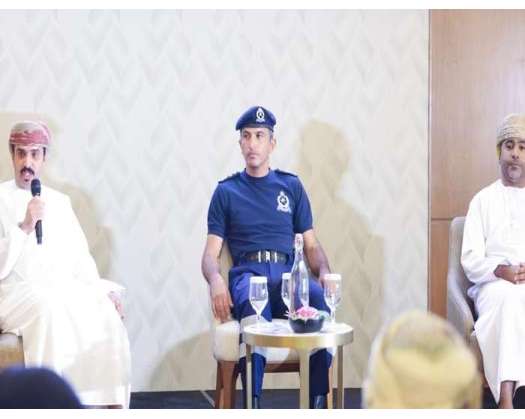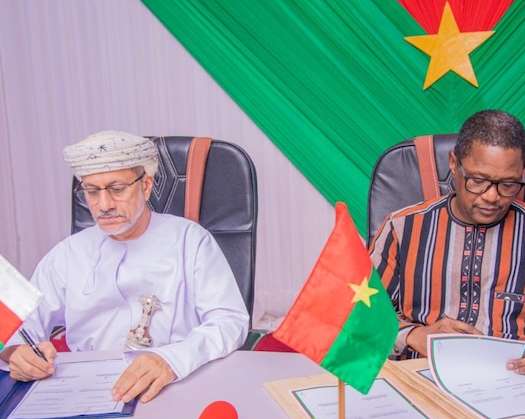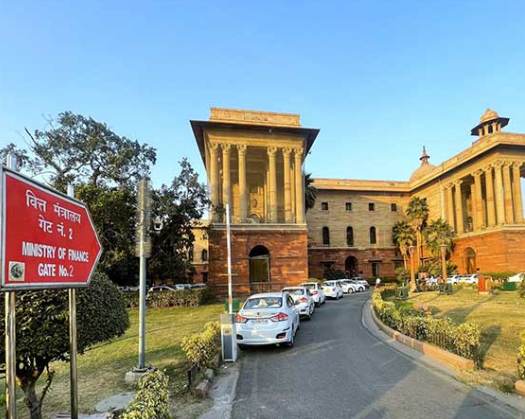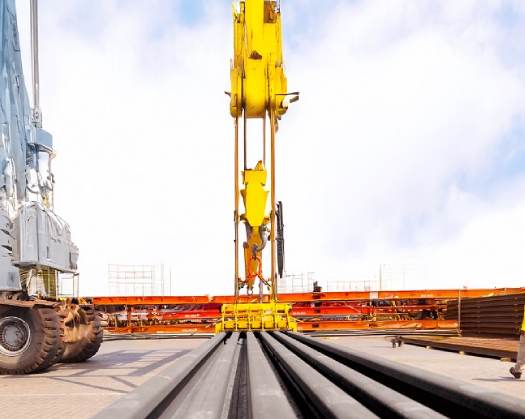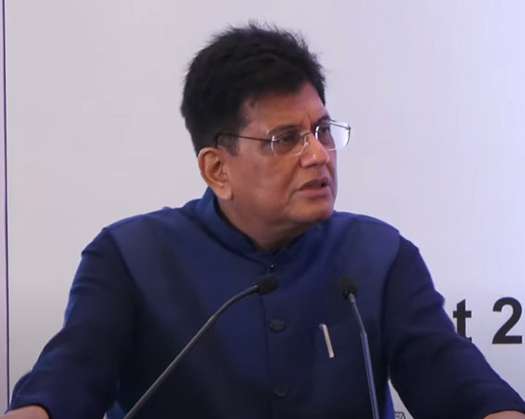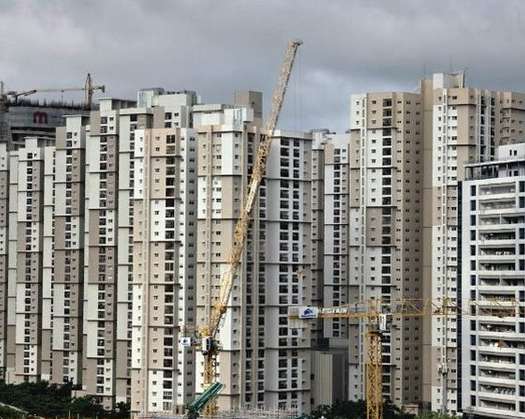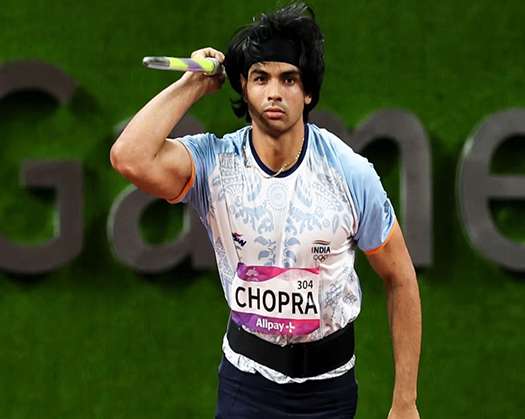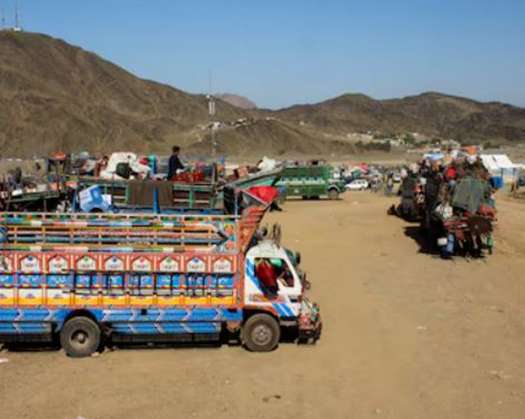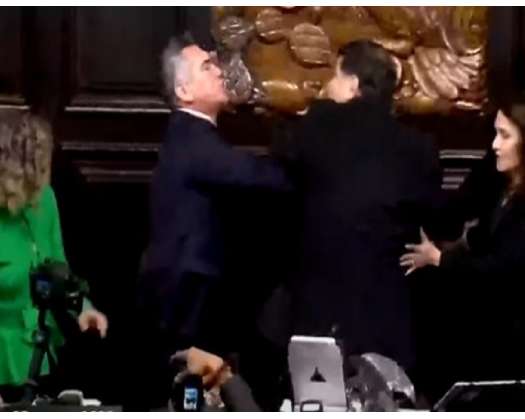New Delhi: Indian textile exporters believe that export losses caused by US President Donald Trump's imposition of 25% tariffs will be offset by gains in exports due to free trade agreements (FTAs) signed between India and other countries.
Exporters are optimistic about their future and are pushing the Indian government to take strong measures to promote the sector.
Despite Donald Trump's tariffs on India, the textile industry is not experiencing any challenges, according to Champalal Bothra, National Chairman of the Confederation of All India Traders (CAIT). We want to inform the Indian government that the 35% of our exports that go to the United States may be offset by free trade agreements (FTAs), changes to government regulations, and exports to other countries at cheaper pricing. India will not stop if any country tries to bind it. The trader here would not succumb to tariff pressure; instead, the company would find a new market and succeed.
In an exclusive interview with ANI, Surat textile merchants stated that the new levies would not impact their company. They feel that Indian traders can overcome these challenges by exploring new markets and lowering production costs.
Bothra believes that India's textile merchants are in a strong enough position to establish their market anywhere in the world. The United States distributed Indian textiles in nations such as Bangladesh, Vietnam, and Cambodia in a way that depicted India as a competitor to China.
He also highlighted that with adequate government support, notably for Micro, Small, and Medium Enterprises (MSMEs), India may properly tackle tariffs. New opportunities exist in Europe, South Africa, Japan, and Central Asia, according to him.
Echoing similar sentiments, textile trader Vikas Gupta said that the tariff being levied by the United States is under consideration, and the Indian government should look at parallel options such as policy and subsidy adjustments to reduce manufacturing costs while maintaining the 35 percent supply to the United States and seeking alternative markets.
He said, "We may then use it as a chance." We have the opportunity to compete in European, African, and Asian nations. If the government laws are favorable, we may also provide supplies to Vietnam, Bangladesh, and China. The people of Surat have never worked under duress and will never do so. Instead, we'll keep our company by reducing costs.
India's textile industry is poised to overcome global trade obstacles and continue its expansion, thanks to trust in its tenacity and a demand for improved laws.

